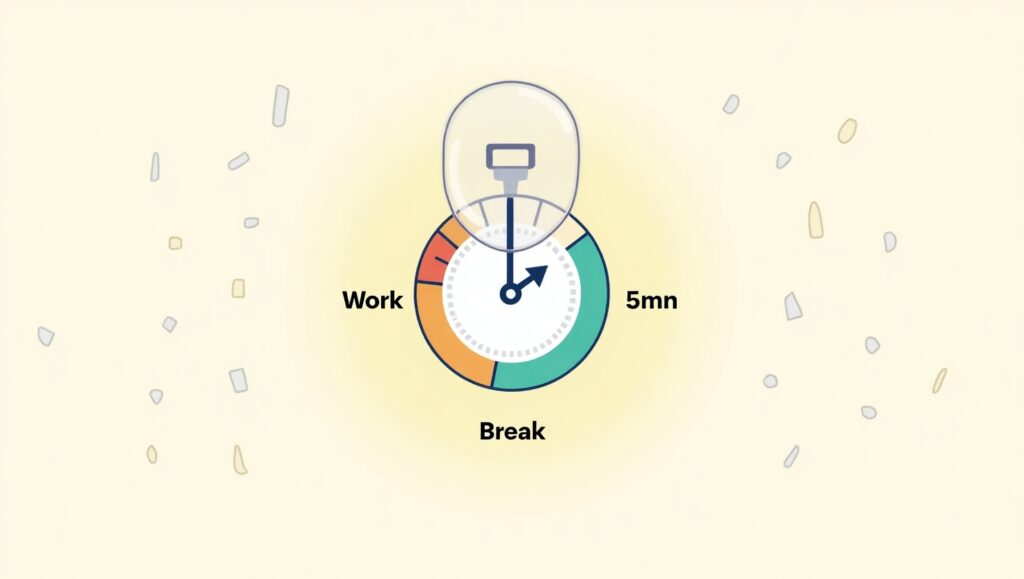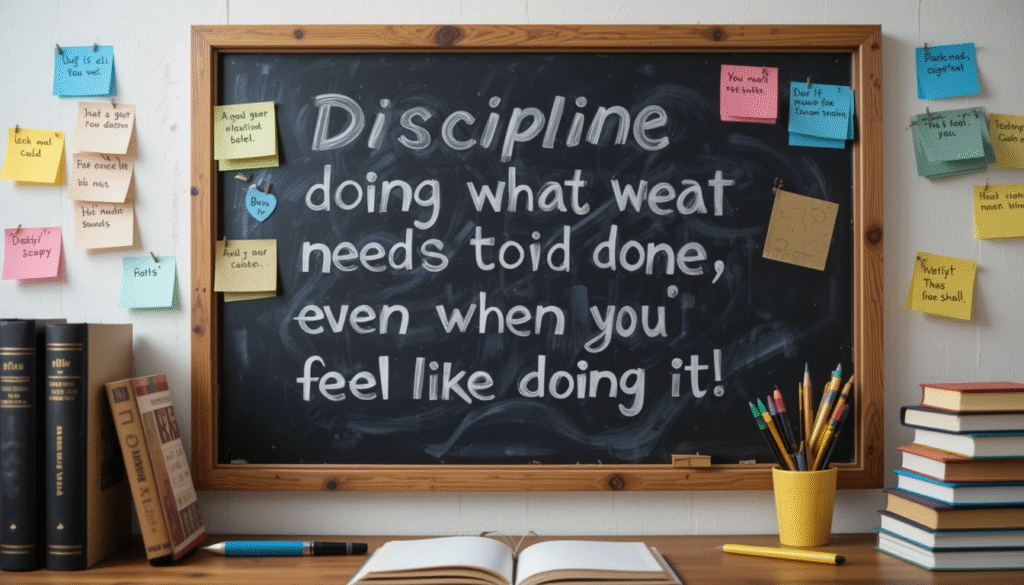Whether you’re preparing for a crucial exam, working on a project, or simply trying to get through daily schoolwork, staying focused while studying can feel like an uphill battle. Between mobile phones buzzing, the temptation to scroll endlessly through social media, and the mind wandering off, concentration has become harder than ever.
In this article, we’ll explore practical, science-backed strategies that can help you improve your concentration and make the most out of your study sessions. From creating a study-friendly environment to incorporating smart techniques into your routine, this guide is designed to help you stay on track and achieve your academic goals.
🧠 1. Understand Why You Lose Focus
Before diving into the how, let’s understand the why. Most people lose focus due to:
- Mental fatigue
- Distractions (like phone notifications, noise, etc.)
- Lack of interest in the subject
- Multitasking
- Poor sleep or diet
Recognizing the root cause of your distraction is the first step to fixing it.

🛠️ 2. Set Up a Dedicated Study Space
Your environment plays a massive role in your ability to concentrate. Create a space that is:
- Quiet and clutter-free
- Comfortable but not too cozy
- Well-lit, preferably with natural light
- Equipped with all necessary study materials
Avoid studying in bed or in front of the TV. Your brain associates these places with relaxation, not productivity.
✅ Tips:
- Invest in noise-cancelling headphones if you’re in a noisy area.
- Keep only the essentials on your desk to avoid visual distractions.
- Use ergonomic chairs and proper lighting to stay physically comfortable.
🕰️ 3. Use the Pomodoro Technique
The Pomodoro Technique is a time management method that boosts focus and prevents burnout. Here’s how it works:
- Choose a task.
- Set a timer for 25 minutes (this is one “Pomodoro”).
- Work on the task without interruption.
- Take a 5-minute break.
- After 4 Pomodoros, take a longer break (15–30 minutes).
Why it works:
- Breaks prevent mental fatigue.
- Short bursts of focus feel more manageable.
- It builds a routine that conditions your brain to focus.

📵 4. Eliminate Digital Distractions
Your phone is probably the #1 enemy of your focus.
What to do:
- Turn on airplane mode or Do Not Disturb while studying.
- Use apps like Forest, Focus@Will, or Cold Turkey to block distracting sites.
- Keep your phone in another room if possible.
If you’re using your laptop for studying, consider browser extensions like “StayFocusd” or “LeechBlock” to limit time on social media or YouTube.
🍎 5. Take Care of Your Body and Mind
Your physical health directly impacts your brain’s ability to focus. Neglecting rest, food, or exercise makes studying much harder.
Sleep:
- Get 7–9 hours of sleep per night. Lack of sleep reduces memory and attention span.
Nutrition:
- Eat brain-boosting foods like nuts, berries, leafy greens, eggs, and whole grains.
- Avoid sugary snacks that cause crashes.
Hydration:
- Keep a water bottle at your desk. Dehydration = brain fog.
Exercise:
- A 20-minute walk or light workout can improve brain performance and memory.

📝 6. Create a Study Plan & Stick to It
A chaotic schedule leads to chaotic focus. Having a clear plan gives you purpose and direction.
How to plan:
- Break your study material into chunks.
- Assign each chunk to a day and time.
- Prioritize harder topics for times when your energy is highest.
- Leave buffer time for review or catching up.
Use tools like Google Calendar, Notion, or a simple paper planner.
Bonus Tip:
Start your day with the task you’re most likely to procrastinate. This builds momentum.
🧘 7. Practice Mindfulness and Meditation
Mindfulness is the art of being present. It trains your brain to focus on one thing at a time — a powerful skill when studying.
Benefits of Meditation:
- Reduces anxiety and mental clutter
- Improves attention span
- Boosts emotional control
You can try apps like Headspace or Calm, or simply sit quietly for 5–10 minutes a day and focus on your breath.

📚 8. Use Active Study Techniques
Passive reading or highlighting won’t keep you engaged. Try these active learning methods to maintain focus:
- Teach back: Explain what you learned to someone else.
- Summarize aloud: Speak out loud instead of silently reading.
- Use flashcards: Tools like Anki or Quizlet improve retention.
- Practice retrieval: Close the book and try to recall key points.
You’ll stay more involved and alert this way.
🎯 9. Set SMART Goals
Clear, achievable goals keep your brain on task.
SMART goals are:
- Specific
- Measurable
- Achievable
- Realistic
- Time-bound
Instead of saying “I’ll study Biology today”, say “I’ll study chapters 4 and 5 of Biology from 4pm to 6pm.”
👥 10. Study With Accountability
Studying alone can sometimes lead to drifting. An accountability buddy helps keep you grounded.
- Join or create a virtual study group.
- Check in daily with a friend about your progress.
- Share your goals and deadlines with someone you trust.
Just knowing someone might ask, “Did you finish that chapter?” keeps you on track.
📈 Final Thoughts: Progress Over Perfection
Staying focused while studying is not about being perfect every single day. Some days will be harder than others — and that’s okay. What matters is consistency and self-awareness.
By making small changes to your environment, routine, and mindset, you can build powerful habits that keep you in the zone.
Remember, focus is like a muscle — the more you train it, the stronger it gets.
🔁 Quick Recap:
| Tip | Description |
|---|---|
| 1️⃣ Understand distractions | Know what breaks your focus |
| 2️⃣ Dedicated space | Clutter-free, quiet, well-lit |
| 3️⃣ Pomodoro | 25-minute sprints with breaks |
| 4️⃣ Block tech | Use tools to limit digital distractions |
| 5️⃣ Healthy habits | Sleep, eat, hydrate, and exercise |
| 6️⃣ Study plan | Organize what and when to study |
| 7️⃣ Mindfulness | Train attention through meditation |
| 8️⃣ Active methods | Teach, recall, and summarize |
| 9️⃣ SMART goals | Make your goals clear and realistic |
| 🔟 Accountability | Study with a buddy or group |

If you implement even 3–4 of these techniques consistently, you’ll notice a huge improvement in your ability to focus, retain information, and feel confident while studying.